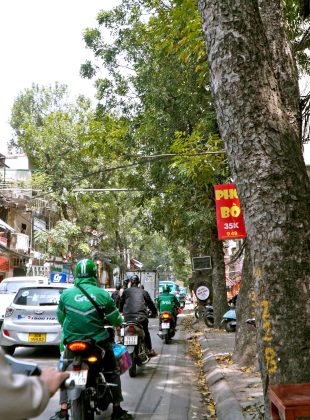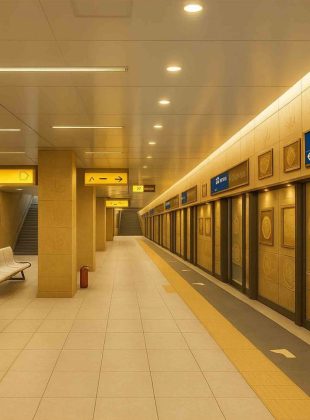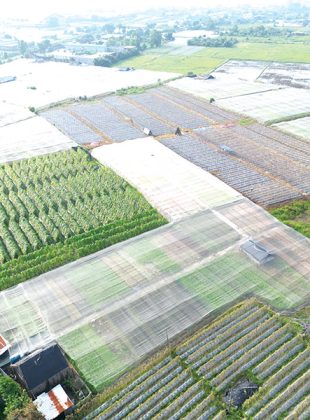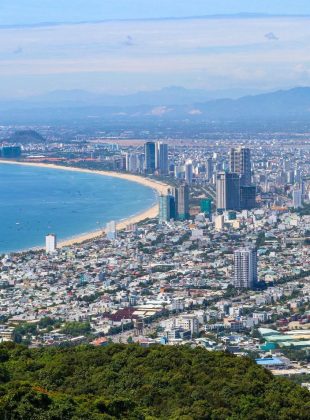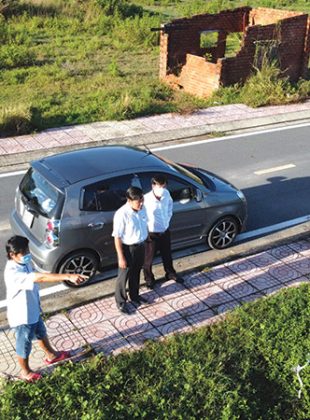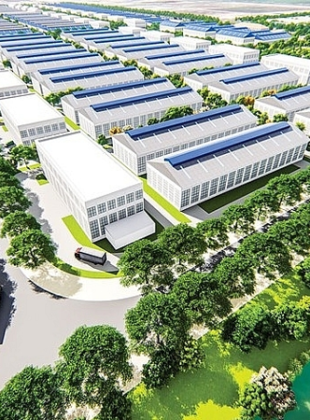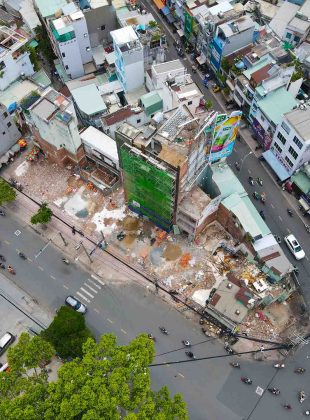Work on more than 500 investment projects in Ha Noi is at a standstill.
The projects are among the 3,401 to receive land totalling more than 33,000ha, according to a report by the Ha Noi People’s Committee.
The main reason for the delays was slow land clearance. Involving about 3,500ha, it had prevented 294 projects starting. Of the total, 187 were State-funded and the rest, privately financed.
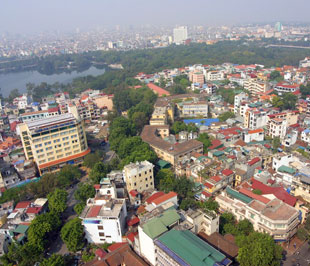 A Ha Noi municipal authority official said changes to Government policies caused difficulties to the implementation of some projects during a transitional phase.
A Ha Noi municipal authority official said changes to Government policies caused difficulties to the implementation of some projects during a transitional phase.
“Such things had a significant effect on the clearance rate, especially for large-scale projects where there were many complaints and disputes over compensation from resettled residents.”
Several investors had made little effort, preferring to delay their projects until the real estate market improved.
Other investors had failed to provide sufficient funding for compensation and resettlement support. Some didn’t play an active role in forming a resettlement fund but instead depended passively on the municipal budget.
Another 48 projects covering 131.5ha were delayed because they hadn’t used land within 12 successive months from when it was allocated. Eleven were financed by the State-budget.
Many investors hadn’t met administration requirements and construction conditions, mainly due to a shortage of capital. Other projects had met requirements but were in limbo because investors wanted more time to review their plans to optimise returns.
Nearly 40 projects covering 425.2ha were at least two years behind schedule.
Vu Hong Khanh, deputy chairman of the Ha Noi People’s Committee, said the delayed projects needed further investigation to ascertain the reasons.
“Failure to finish the projects on time comes from objective and subjective causes,” said Khanh, “We will analyse and discuss with investors to find ways to solve problems if they are objective.
“But if it is due to subjective causes, we must punish the project owners for not abiding by the regulations after taking the land. We must ensure the efficient use of land,” Khanh said.
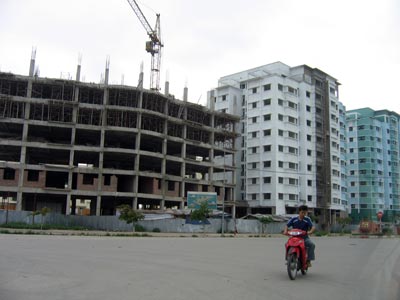 Inspectors discovered 26 projects where land had been illegally transferred or was being wrongly used, disputed or occupied.
Inspectors discovered 26 projects where land had been illegally transferred or was being wrongly used, disputed or occupied.
Authorities were also responsible for delays when projects were inaccurately assessed and selected following incorrect consultation, Khanh said.
He said a steering committee on land clearance was assigned to work directly with those involved. When the situation was clear, staff would work to resolve complaints and disputes.
Authorities were looking closely at delayed projects and where investors had broken the law the land could be reclaimed, he said.
“When it comes to reclaiming land, authorities agreed to take strong action but within the law so project owners understood the reasons. Others should take note and use land properly,” Khanh said.
The only land reclaimed was 402sq.m from the Ha Noi Tourism Company in Tay Ho District.
Authorities were working to reclaim land allocated to five projects where the law had been broken. The land would be allocated to eligible projects or kept for public purposes.




